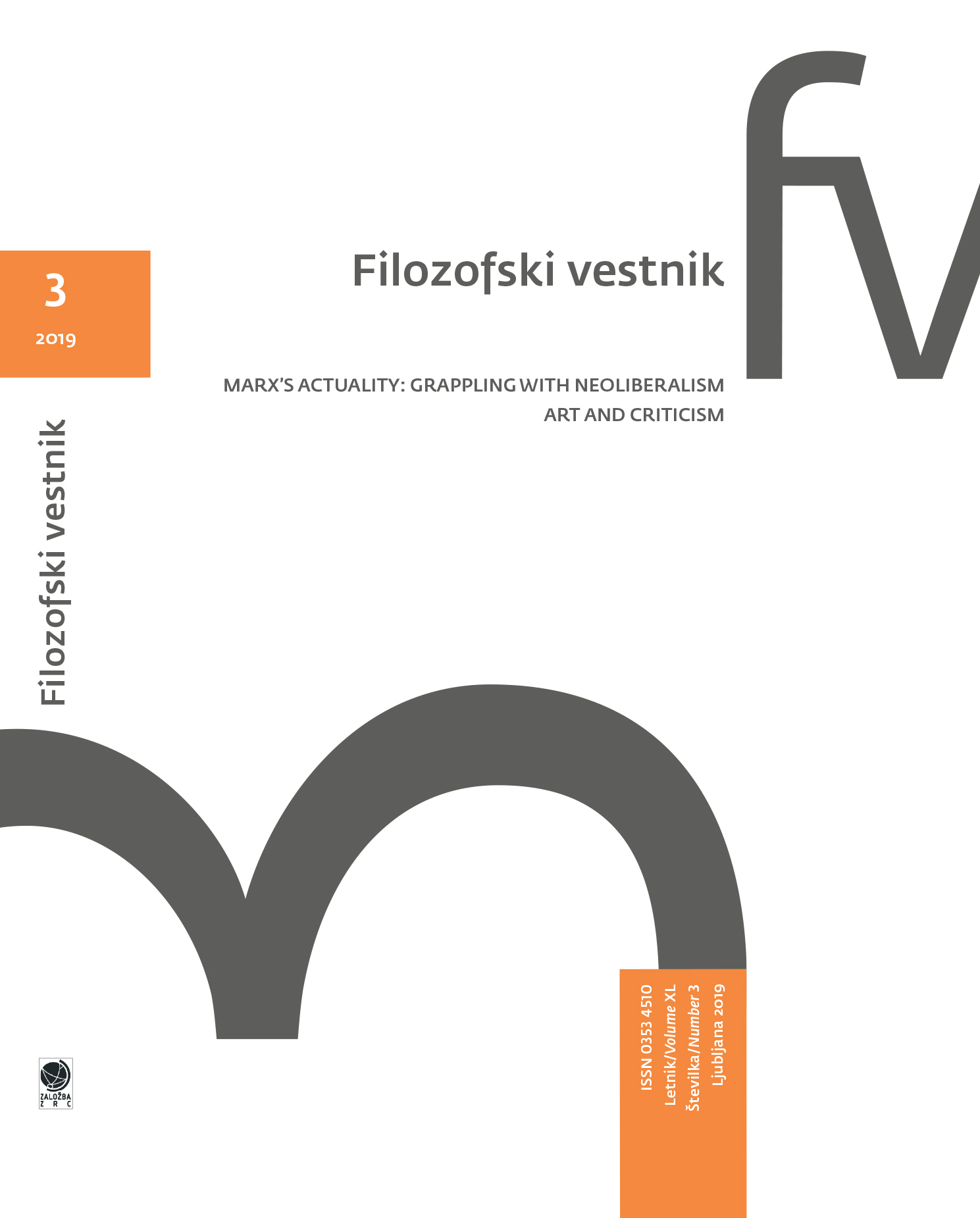Film, filozofija in medkulturna filmska kritika
Ključne besede:
film, kritika, filozofija, Fredric Jameson, kognitivno kartiranjePovzetek
V nasprotju z drugimi, »tradicionalnimi« oblikami umetnosti, ki so se razvijale skozi stoletja, predstavlja film dosežek modernosti, in ko se je pojavil, ni bil zgolj sodobni tehnološki dosežek, temveč tudi medij, v osnovi namenjen množicam. Razpet med umetnostjo in množično industrijo zabave, je bil film od vsega začetka vir nasprotij, protislovij in hudih bojev. Nekatera nasprotja obstajajo na ravni produkcije, druga na ravni recepcije, predvsem pa so prisotna v polju filmske kritike, ki je razcepljena na žurnalistično kritiko in na njeno bolj filozofsko in teoretsko podprto akademsko različico. V pričujočem članku se avtor osredotoča na medkulturno filmsko kritiko ter sledi različnim vrstam odnosov, ki jih slednja vzpostavlja s filozofijo ter obenem poudarja, da t. i. »klasična« filmska kritika, temelječa na psihoanalizi, semiotiki in marksizmu, kot tudi njena »analitično-kognitivistična« različica, ne moreta ustrezno obravnavati te problematike. Pokaže tudi, da je pristop, ki ga je razvil Fredric Jameson, veliko ustreznejši, saj ne obravnava zgolj filmskega medija v geopolitičnem kontekstu, temveč omogoča skozi film tudi dojemanje sodobne globalne družbe.
Prenosi
Prenosi
Objavljeno
Kako citirati
Številka
Rubrike
Licenca
Avtorji jamčijo, da je delo njihova avtorska stvaritev, da v njem niso kršene avtorske pravice tretjih oseb ali kake druge pravice. V primeru zahtevkov tretjih oseb se avtorji zavezujejo, da bodo varovali interese založnika ter da bodo povrnili morebitno škodo.
Podrobneje v rubriki: Prispevki





